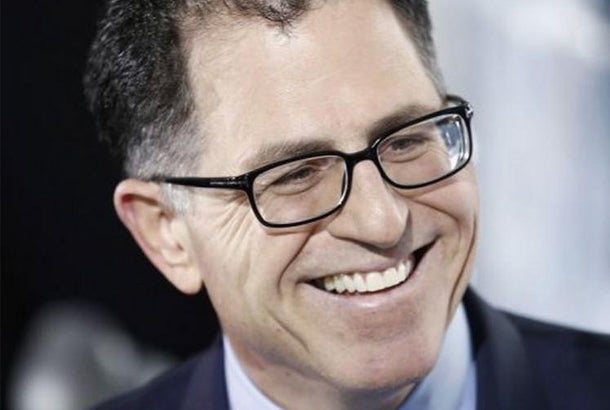deanrd
Gold Member
- May 8, 2017
- 29,411
- 3,642
According to PEW, the majority of Republicans think college is bad for America. Getting rid of those who benefited from DACA means tossing away nurses, engineers, entrepreneurs, not to mention thousands in the military. Republicans have this fantastical idea that once they leave jobs will magically open up for those who have no education nor skills.
There are 6 million jobs available right now that can't be filled because of a lack of skills. Republicans, instead of being jealous and coveting what others have, you need to make your own. That's the only way it works.
4 Years Later: Lives Built By DACA at Risk in 2016 Elections
Once approved, she was able to work as a teaching assistant while pursuing a master's degree in engineering. After graduating in June 2014, she moved back to Arizona and now works as a project engineer.
Her husband Juan Amaya is also a DACA recipient and an engineer. The Phoenix couple recently became parents and purchased a home.
--------------------
See what I mean? Like I said, Republicans don't believe in education. The majority think college is bad for America.
The majority of Republicans say colleges are bad for America (yes, really)
Remember, in Bible, you aren't supposed to "covet" what isn't yours. Instead of 6 million unfilled jobs because of a lack of skills, it will be 7 million. And the Business community is going to love that (snicker).
There are 6 million jobs available right now that can't be filled because of a lack of skills. Republicans, instead of being jealous and coveting what others have, you need to make your own. That's the only way it works.
4 Years Later: Lives Built By DACA at Risk in 2016 Elections
Once approved, she was able to work as a teaching assistant while pursuing a master's degree in engineering. After graduating in June 2014, she moved back to Arizona and now works as a project engineer.
Her husband Juan Amaya is also a DACA recipient and an engineer. The Phoenix couple recently became parents and purchased a home.
--------------------
See what I mean? Like I said, Republicans don't believe in education. The majority think college is bad for America.
The majority of Republicans say colleges are bad for America (yes, really)
Remember, in Bible, you aren't supposed to "covet" what isn't yours. Instead of 6 million unfilled jobs because of a lack of skills, it will be 7 million. And the Business community is going to love that (snicker).











